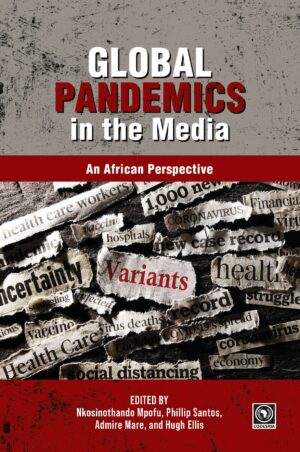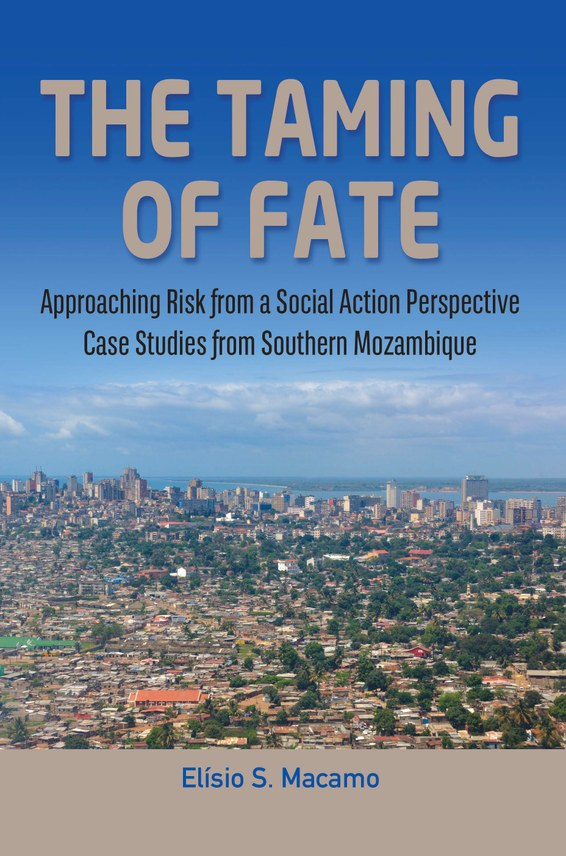In Global Pandemics in the Media: An African Perspective, Nkosinothando Mpofu, Phillip Santos, Admire Mare and Hugh Ellis have expertly put together a tour de force collection of African perspectives on the varied ways in which journalists, communicators, citizens, government communicators and other stakeholders mediated the recent global pandemics. Using the COVID-19 pandemic as a critical juncture, the book underscores the political nature of (mis)representing, (mis)framing and illuminating stories in a pandemic context. Drawing mostly on case studies from Southern, East, and West Africa, the volume foregrounds the various ways in which the media covered the recent global pandemics. It also looks at how public officials were instrumental in communicating about the causes, nature, prevention, and vaccination-related interventions. It also focuses on citizen-initiated communications on social media and how these were implicated in the viral production and circulation of mis/disinformation
ISBN 978 2 38234 102 5 Nkosinothando Mpofu is a Senior Lecturer, teaching and supervising students in the Department of Informatics, Journalism and Media Technology at the Namibia University of Science and Technology. Phillip Santos teaches both undergraduate and graduate courses in the Department of Journalism and Media Technology at the Namibia University of Science and Technology. Admire Mare is an Associate Professor and Head of Department of Communication and Media at the University of Johannesburg, South Africa. Hugh Ellis is a Senior Lecturer and Head of Department of Journalism and Media Technology at the Namibia University of Science and Technology.This book is about how extreme situations appearing to have a destructive potential can actually be used to produce meaningful individual and social lives. It is about the “taming of fate”. This notion means and accounts for the ability of individuals and communities to rebuild their lives against all odds. The book is based on case-studies that draw from theoretical insights derived from the sociology of disasters. It addresses some limitations of the sociology of risk, chief among which is the rejection of the relevance of the notion of risk to the study of technologically non-advanced societies. The book argues that this rejection has deprived the study of the human condition of an important analytical asset. The book claims that risk is a property of social action which can best be understood through the analytical scrutiny of its role in the historical constitution of social relations.
Elísio S. Macamo is Associate Professor of African Studies at the University of Basel, Switzerland. He is both Director of the Centre for African Studies as well as Head of the Social Sciences Department at the University of Basel: He is co-editor of CODESRIA's African Sociological Review and the AEGIS-Brill Book Series in African Studies. Currently, he is also a member of the Council of the International African Institute (London), executive boards of the Swiss African Studies Association and the German African Studies Association.
ISBN : 978 2 86978 719 3
CODESRIA 2017




